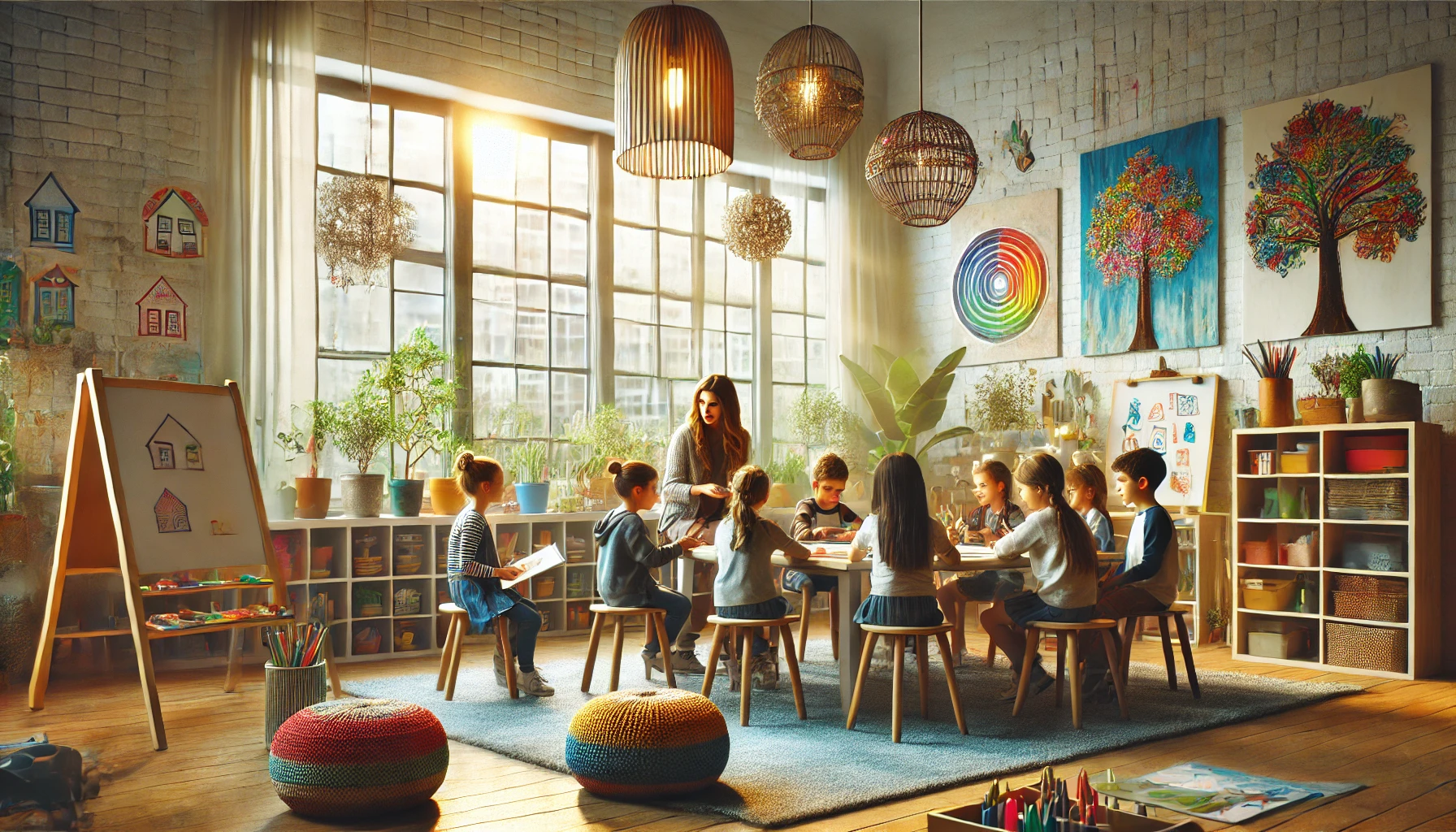In the world of education, there’s a growing shift toward more personalized and student-centered approaches, and boutique schools are leading the charge. These small, specialized institutions offer a unique learning environment that prioritizes individual growth, creativity, and holistic development. So, what makes boutique schools stand out, and why are they becoming increasingly popular among parents and educators? Let’s explore five key reasons why boutique schools provide a superior learning experience.
1. Individualized Learning Pathways
One of the main attractions of boutique schools is their focus on individualized learning. In larger, traditional schools, students often have to follow a standardized curriculum, which may not cater to their unique strengths, interests, or learning styles. Boutique schools, however, tailor their teaching methods and curriculums to meet the needs of each student.
For instance, if a child is particularly strong in mathematics but struggles with reading, their learning plan will emphasize strengthening their reading skills while also allowing them to excel in math. This personalized approach not only boosts academic performance but also builds confidence, as students can progress at a pace that suits them.
2. Smaller Class Sizes for Enhanced Support
Boutique schools are known for their small class sizes, which allow for more individualized attention and support. In a traditional classroom, a teacher may have 25 or more students, making it challenging to give each child the time and attention they need. Boutique schools, on the other hand, often have fewer than 15 students per class.
This low student-to-teacher ratio enables educators to form stronger relationships with students, identify their individual needs, and provide targeted support. It also creates a more inclusive and collaborative environment where students feel comfortable asking questions and participating actively in discussions.
3. A Focus on Holistic Development
While academic success is important, boutique schools place equal emphasis on the holistic development of their students. This means nurturing not only intellectual abilities but also emotional, social, and creative skills. By focusing on the “whole child,” boutique schools help students grow into well-rounded individuals prepared to face the challenges of the real world.
Many boutique schools offer a broad range of extracurricular activities such as sports, arts, music, and community service, encouraging students to explore their interests and develop a diverse skill set. Mindfulness programs, leadership workshops, and emotional intelligence training are also common, helping students build resilience, empathy, and self-awareness.
4. Flexibility in Curriculum Design
Unlike traditional schools, which often follow rigid curriculums set by a governing body, boutique schools have the flexibility to adapt their teaching methods to suit their students’ needs. This allows them to innovate and offer a more dynamic learning experience. For example, if a group of students shows a keen interest in environmental science, the school can incorporate hands-on learning projects, field trips, or specialized courses to nurture that interest.
Additionally, boutique schools can modify their curriculums to include modern skills like coding, digital literacy, and entrepreneurship, which are crucial in today’s ever-evolving world. This adaptability ensures that students are not only well-versed in core subjects but also prepared for the demands of the future.
5. Strong Sense of Community
Another significant advantage of boutique schools is the tight-knit, supportive community they create. With smaller student populations, these schools foster a sense of belonging where students, teachers, and parents often form close, meaningful relationships. This community atmosphere promotes a positive, nurturing environment that supports both academic and personal growth.
Students in boutique schools typically feel more connected to their peers and teachers, reducing feelings of isolation and promoting collaboration. This sense of belonging can have a profound impact on a student’s overall well-being, leading to greater self-confidence and motivation.
Conclusion
Boutique schools offer a unique educational experience that emphasizes personalized learning, small class sizes, and a focus on holistic development. With flexible curriculums and a strong sense of community, these schools are well-equipped to meet the diverse needs of today’s students, preparing them for both academic success and life beyond the classroom. As more parents and educators seek alternatives to traditional schooling, boutique schools are poised to play a pivotal role in shaping the future of education.
